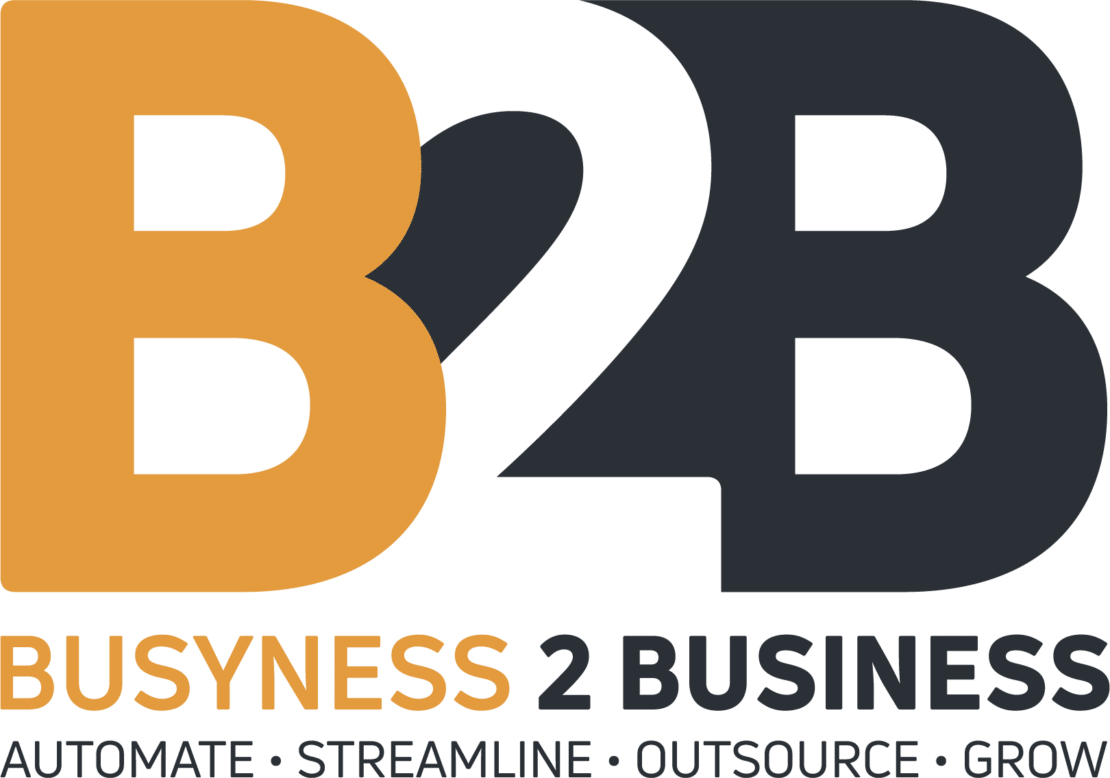Home » Business Process Automation
Business Process Automation - A wonderful present for a better business future

Business process automation is not about the future, it is about the present. A wonderful present to your business for a better future. If you run a business which seems to be running you, its time you should consult a business automation specialist to discuss how can you automate some repeated processes that doesn’t require human involvement at every interaction.
What is Business Process Automation?
- Did you recently search ‘how to automate emails’ and you suddenly started receiving emails from all the CRM platforms that you might have subscribed in past?
- Did you recently added a product in cart without buying it and started receiving reminders to complete your purchase?
- Did you visit a networking event, someone clicked a picture of your business card and within few minutes you received an email from them?
It is nothing but business process automation. If you are not leveraging the power of business process automation in your business, you are missing a great opportunity. Different businesses across industries saves around 7 hours a week. Across industries, automation has become a key to success: Nearly 80 percent of top-performing companies have used marketing automation for more than two years, according to the research firm Gleanster.
Kissflow has defined business process automation very well.
“Business process automation is a way by which companies take out the complex, most redundant steps from their processes and streamline them for simplicity. In plain terms, BPA is a hands-free, innovative approach to systematize critical business processes.”
There used to be a time when business automation was considered luxury and was only accessible to big corporations. Now, small businesses can also access the benefit of business automation. Instead of wasting time with repetitive processes, automate it so small businesses can focus on more important task like growing business.
Can automation be a pain instead of solution?
There are plenty of platforms and tools available which range from being free to use to thousands of dollars a month. Knowingly or unknowingly, you might be using few tools already. The challenge is not to just find a right tool but to find tools that syncs with each other. So you have centralised data and your business actions will reflect on that. For an instance, you use MailChimp’s ‘pop-up’ subscription opt-in feature and you use QuickBooks for quotes/invoicing. A client used his personal email address on pop-up subscription and asked you to use office email address to send the quote. Now you are using 2 of the great tools but if you don’t sync these tools with each other or if you don’t bring these data at one centralised place, you will still require to manually update the data. This means, when you plan to set the automation up, you should make sure to divide the efforts into 3 parts. 1. Setting up the primary tool, 2. Setting up the secondary tool and 3. Setting up the sync between the primary and secondary tool to bring the data at one place. If you don’t do it, automation will be a pain instead of a solution.
When should I NOT automate?
Generally speaking, there are very few (very very few) reasons for not automating your business processes. In fact, if we talk about business or industry as a whole, business automation can’t be ignored. There will be at least one or more processes that can be automated.
But every business process is not necessarily a good fit for automation, hence it is very important to define which processes to automate and which ones to best rely on human intelligence. One fundamental rule is to think very carefully before introducing automation to your customer facing business processes.
For an instance, a prospect client will appreciate an automated process to book a venue without having to speak to any human officer. But will not appreciate going through an IVR to lodge a post purchase complaint. Another recent example is a live chat option during a recording webinar. I attended a webinar which was a recorded one. This was set up using automation tools. I was surfing around Facebook and noticed a sponsored advt based on the keywords I used recently. I clicked on the link and registered myself for a webinar which was to play 15 mins after my registration. I received an email with the instructions to attend the webinar. And within minutes I was listening to one of the most influencing personality on that topic. I wasn’t expecting any possibilities of getting responses to any questions (if I had any). But to my surprise, there was a specialist assigned to respond to my questions. So, should I automate the customer experience? I don’t think one should.
